
The Economics of Sustainable Food
Smart Policies for Health and the Planet
Recommendation
The world can’t win the fight against climate change without changing the way it produces and consumes food. This authoritative volume, edited by economist Nicoletta Batini, offers a comprehensive survey of the challenges facing policy makers and scientists as they seek reforms to the agri-food sector. Although written for experts, the essays are clear and accessible enough to interest any reader seeking to understand the nexus of sustainability and food.
Summary
About the Author
Nicoletta Batini is an economist and a leading expert in the design of macroeconomic strategies dealing with climate change and public health. She is the lead evaluator at the International Monetary Fund’s Independent Evaluation Office.










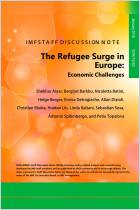
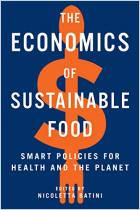

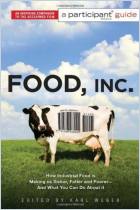
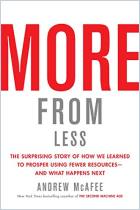
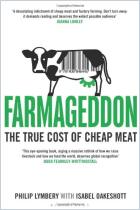
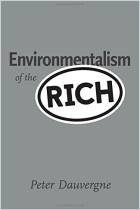






Comment on this summary or 开始讨论